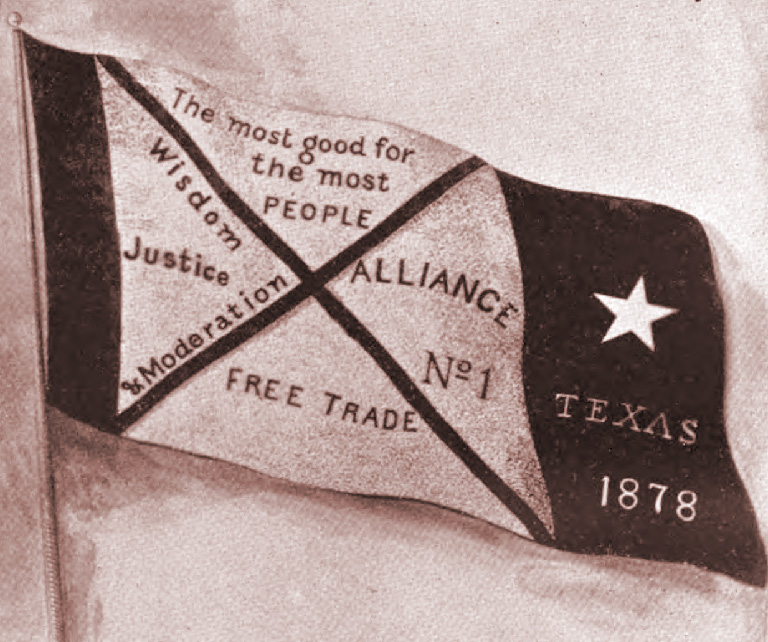The Farmer is the man who feeds them all
2017-10-18
The farmer
Response
Is Hamlin Garland short story about the farmer a tragedy with no solution? Or is there anything that they could have done, either inside the story or as a political solution to fix what happens to the main character?
The changing nature of farming.
Armor plant, Cincinatti.
Union Stock Yards, Chicago
Union Stock Yards, 1883

Meatpacking, Chicago
Grain Elevator
A grain elevator
Smithsonian Institution.
Money
"Greenback" from 1869

Inflation in the consumer price index since 1950

Deflation in the US, 1850-1900

The value of consumer purchases, 1800 to present.
Who benefits from deflation?
| Winners | Losers |
|---|---|
| Capitalists (their money is worth more) | Debtors (they have more to pay off) |
| People with fixed incomes in cash | People with income in goods (e.g., farmers ) |
Falling Commodity Prices, 1870-1895
| Year | Wheat | Corn | Cotton |
|---|---|---|---|
| 1870 | $1.06 | $0.43 | $0.15 |
| 1890 | $0.71 | $0.42 | $0.08 |
| 1895 | $0.65 | $0.30 | $0.06 |
The theory and politics of populism

The Farmers' Alliance

Mary E Lease.
"Wall Street owns the country. It is no longer a government of the people, by the people, and for the people, but a government of Wall Street, by Wall Street, and for Wall Street. The great common people of this country are slaves, and monopoly is the master. The West and South are bound and prostrate before the manufacturing East. Money rules, and our Vice-President is a London banker"
- Mary E Lease

Charles Macune.
Omaha Platform (1892)
- Government Ownership of Railroads, telephone, and telegraph
- Coinage of Silver
- More money in circulation
- Graduated Income Tax
- All land owned by railroads and foreigners returned to the government.
- 8 hour day
- Abolition of Pinkerton company

Populist votes in the 1892 election
The free silver movement is a fake. Free silver is the cow-bird of the reform movement. It waited until the nest had been built by the sacrifices and labor of others, and then it lay its own eggs in it, pushing out the others which lie smashed on the ground. Henry Demarest Lloyd, journalist and reform leader.
The Crisis of the 1890s
- Attacks on idea of democracy
- Agricultural recession and drought
- Labor strikes
- Continuing deflation
- Economic "Panic" (recession).